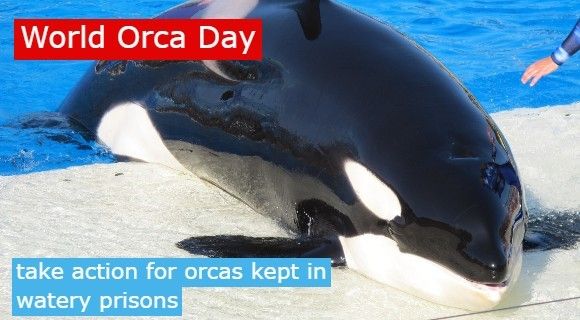Moon bear Cotton Blossom free from a cage and in her new home
Posted on
|
There are many bears in need of rescue and Cotton Blossom was one of them. She was a lonely caged moon bear in Vietnam. And Animals Asia were on the verge of rescuing this bear – the last remaining caged bear – in the Gia Lai province, Covid-19 sabotaged their plans. Animals Asia gave her the name of Cotton Blossom after the trees that were flowing at her home at the Animal Asia’s Vietnam Bear Rescue Centre. The team had no choice but to abandon their rescue because of strict lockdowns, put in place because of the coronavirus. At the end of June, the team was finally able to rescue her. They made their way to the military post where Cotton Blossom had spent some 14 years.
Luckily she was a calm bear and enjoyed the sweet treats the team offered her. She wasn’t even put out by the sound of the angle grinder cutting open her cage door. And she went into the transport cage of her own volition, ready to head to her new home. The journey took most of 4 days, covering almost 1,100 km as Cotton Blossom travelled to Animals Asia’s sanctuary north of Hanoi. She had plenty of treats on route. Cotton Blossom spends 45 days in quarantine, and has a full health check, too. Then she’s off to a larger den – and the chance to walk on grass and feel the sun on her face. She’ll even have the opportunity to make friends with some of the other bears there – she should find someone, there are nearly 200 bears there! She’ll have all the care and love she needs – and deserves. Animals Asia has an exclusive agreement with the Vietnamese government to rescue the last 500 bears who are on bile farms in the country. And the rescue of Cotton Blossom means another province is free of bear farms. You can donate today to help Cotton Blossom – well, blossom! #CottonBlossomRescue |
